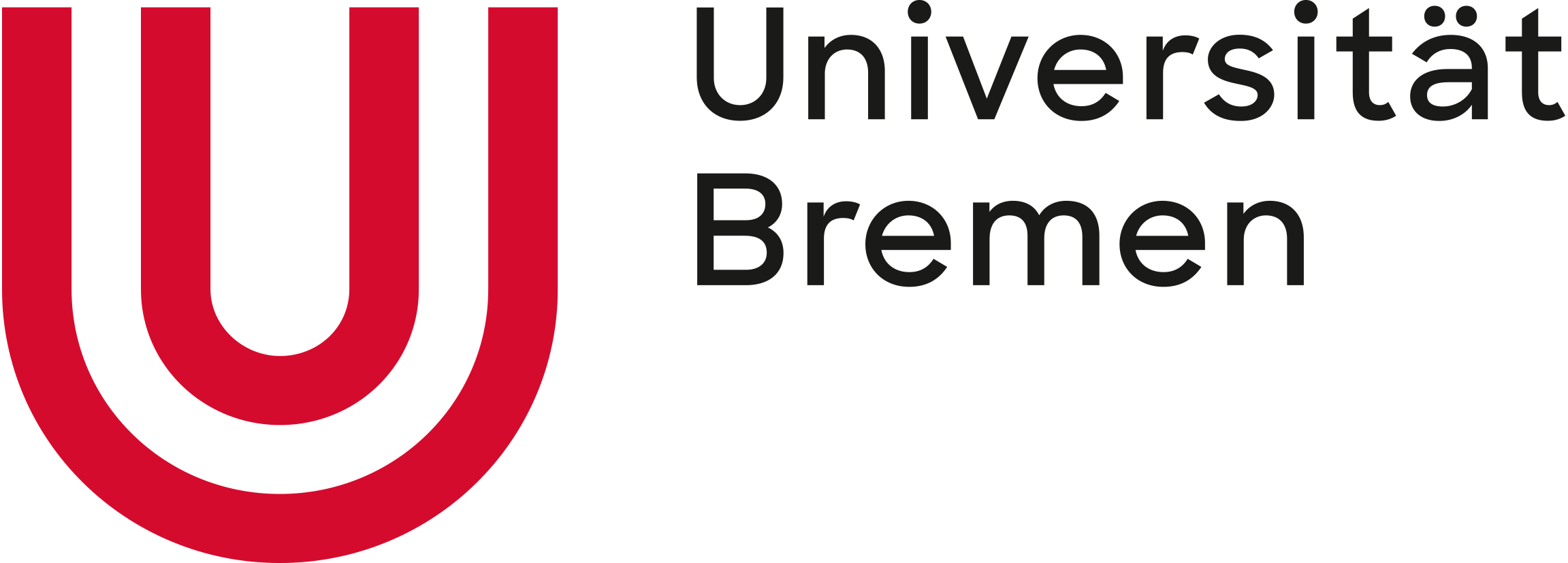Research fields
DIFIS’s six research fields are multi-topical and interdisciplinary. Consequently, it is possible to address both current and future research gaps within the framework of the DIFIS research programme. The questions of how social policy can contribute to making society more resilient and of how it can be designed in a sustainable way are considered, as are questions of migration and gender equality, the role of the labour market and the shaping of life courses in social protection, or the governance and organization of social policy as well as its political and social consequences.
Details on the six research fields

Katharina Bohnenberger, research field coordinator (DIFIS, University of Bremen)
Julia Cremer (University of Duisburg-Essen)
Dr. Steffen Lange (University of Siegen)
Prof. Dr. Katharina Zimmermann (University of Hamburg)
Activities in English:
- October 5th to 6th 2023: Organization of the workshop "Power, conflict, coordination: Mapping the politics of Germany's eco-social transformation" in cooperation with Martin Luther University Halle-Wittenberg (MLU) by Katharina Bohnenberger in collaboration with Jasper Finkeldey (MLU), Torben Fischer (MLU) and Hendrik Theine (Vienna University of Economics and Business).
- September 14th to 16th 2023: Presentation by Katharina Bohnenberger and Prof. Dr. Frank Nullmeier ("Tackling eco-social risks in new insurance systems") at the Foundational Economy Conference in Vienna.
- September 7th to 9th 2023: Organization of the track "Greening welfare states? Investigating eco-social policy to increase welfare state resilience" at the ESPAnet conference in Warsaw by Katharina Bohnenberger and Andrea Schmidt (GOEG Austria)
- August 24th to 25th 2023: Workshop on Socio-Environmental Risks at the SciencesPo in Paris by Prof. Dr. Katharina Zimmermann

Core team:
Martin Buchner, research field coordinator (DIFIS, University of Duisburg-Essen)
Jenny Hahs, researcher (DIFIS, University of Duisburg-Essen)
Prof. Dr. Martin Brussig (University of Duisburg-Essen)
Dr. Martin Dietz (Institute for Employment Research)
Prof. Dr. Werner Eichhorst (Institute of Labor Economics | University of Bremen)
Prof. Dr. Martin Werding (Ruhr University Bochum)

Core team:
Prof. Dr. Ilker Ataç (Fulda University of Applied Sciences)
Prof. Dr. Helen Bykara-Krumme (University of Duisburg-Essen)
Prof. Dr. Felicitas Hillmann (Technische Universität Berlin)
Prof. Dr. Michael Sauer (Hochschule Bonn-Rhein-Sieg)
Dr. Thorsten Schlee (University of Duisburg-Essen)
Prof. Karen Shire PhD (University of Duisburg-Essen)

Core team:
Miriam Laschinski, research field coordinator (DIFIS, University of Bremen)
Prof. Dr. Karin Gottschall (University of Bremen)
Prof. Dr. Dirk Hofäcker (University of Duisburg-Essen)
Prof. Dr. Katja Möhring (University of Bamberg)
Prof. Dr. Simone Scherger (University of Bremen)

Core team:
Marina Ruth, research field coordinator(DIFIS, University of Duisburg-Essen)
Prof. Dr. Antonio Brettschneider (TH Köln – University of Applied Sciences)
Prof. Dr. Constanze Janda (Deutsche Universität für Verwaltungswissenschaften Speyer)
Prof. Dr. Tanja Klenk (Helmut Schmidt University Hamburg)
Prof. Dr. Simone Leiber (University of Duisburg-Essen)
Prof. Dr. Sigrid Leitner (TH Köln – University of Applied Sciences)
Prof. Dr. Sybille Stöbe-Blossey (University of Duisburg-Essen)

Core team:
- Dr. Olexandr Nikolaychuk, research field coordinator (DIFIS, University of Bremen)
- Prof. Dr. Bernhard Boockmann (Institute for Applied Economic Research at the University of Tübingen)
- Prof. Dr. Jeannette Brosig-Koch (Otto von Guericke University Magdeburg), external partner
- Prof. Dr. Sebastian Fehrler (University of Bremen
- Prof. Dr. Achim Goerres (Universitty of Duisburg-Essen)
- Prof. Dr. Paul Marx (Universitty of Duisburg-Essen)
- Prof. Dr. Markus Tepe (University of Bremen)
- AG Prof. Dr. Cornelius Torp (University of Bremen)
- AG Prof Dr. Herbert Obinger (University of Bremen)
- AG Prof Dr. Carina Schmitt (University of Bamberg)
- Prof. Dr. Martin Seeleib-Kaiser and FIS-Nachwuchsgruppe „Freizügigkeit und Sozialpolitik im historischen und internationalen Vergleich“ (University of Tübingen)
- Prof. Dr. Christiane Reinecke (Interdisciplinary Centre for European Studies at Europa-Universität Frankfurt)








